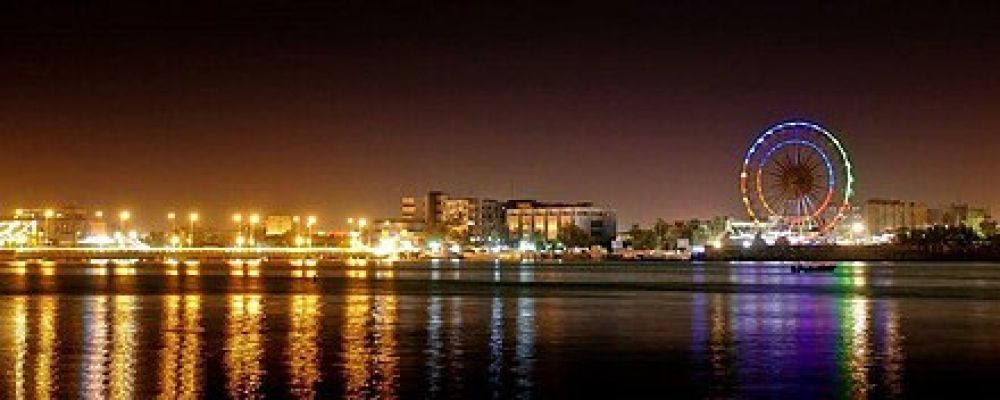

Established in AD 636 by the second caliph, Umar I, the city of Basra has been a focal point of culture, trade, and history in Iraq for centuries. As the country’s main port, it enabled the exchange of goods and ideas, fostering a cosmopolitan vibe that once attracted travellers from around the world. Over its long history, Basra has seen periods of prosperity and hardship, which have shaped its identity and its appeal as a travel destination.
In the early 20th century, with the establishment of the British mandate over the Ottoman provinces of Baghdad, Basra, and Mosul following World War I, Basra saw an influx of British and other foreign nationals. This created a phase of cosmopolitan and touristic activity. Visitors would explore the old city, the bustling Shatt Al-Arab river, and the region's unique marshes.
The events of the Gulf War in the 1990s and the ensuing sanctions on Iraq caused significant harm to Basra's infrastructure and tourism sector. The war also resulted in ecological damage, affecting the attractions such the Mesopotamian Marshes, a natural wonder that once drew plenty of visitors to the region.
Since the 2000s, efforts to restore stability and rebuild have been ongoing, with the government and local authorities working to revive Basra's economy and tourism sector. The reconstruction of war-torn infrastructure and the gradual improvement in security conditions have been vital to these efforts.
Basra's long-standing cultural heritage, exemplified by ancient architecture and historical sites, is again becoming a draw for both national and international tourists. Efforts to rehabilitate historical landmarks and promote Basra's rich history are part of the broader push to reinvigorate the tourism sector.
Today, Basra is witnessing a new type of tourism driven by business and pilgrimage. The city's status as Iraq's economic hub attracts business travellers, while religious and historical sites draw pilgrims and history enthusiasts. This blend of visitors ensures a diversity of needs that the local hospitality industry aims to meet.
The Mesopotamian Marshes, once drained, have been partially resurrected and listed as a UNESCO World Heritage site. This has sparked interest in eco-tourism as a means of exploring the unique wetland ecosystems and the traditional Ma'dan, or Marsh Arab, way of life.
Despite significant potential, Basra's tourism industry faces challenges, including political instability, infrastructural deficits, and a need for enhancement in tourism services and facilities. However, with a rich historical backdrop and a gradual improvement in the security situation, Basria holds the potential to reclaim its place as a significant cultural destination in the Middle East.
Basra's journey in the realm of tourism is marked by rich cultural legacies and challenges shaped by historical events. As the city continues to develop and open up, there is a sense of cautious optimism about the future of tourism in this storied Iraqi city.